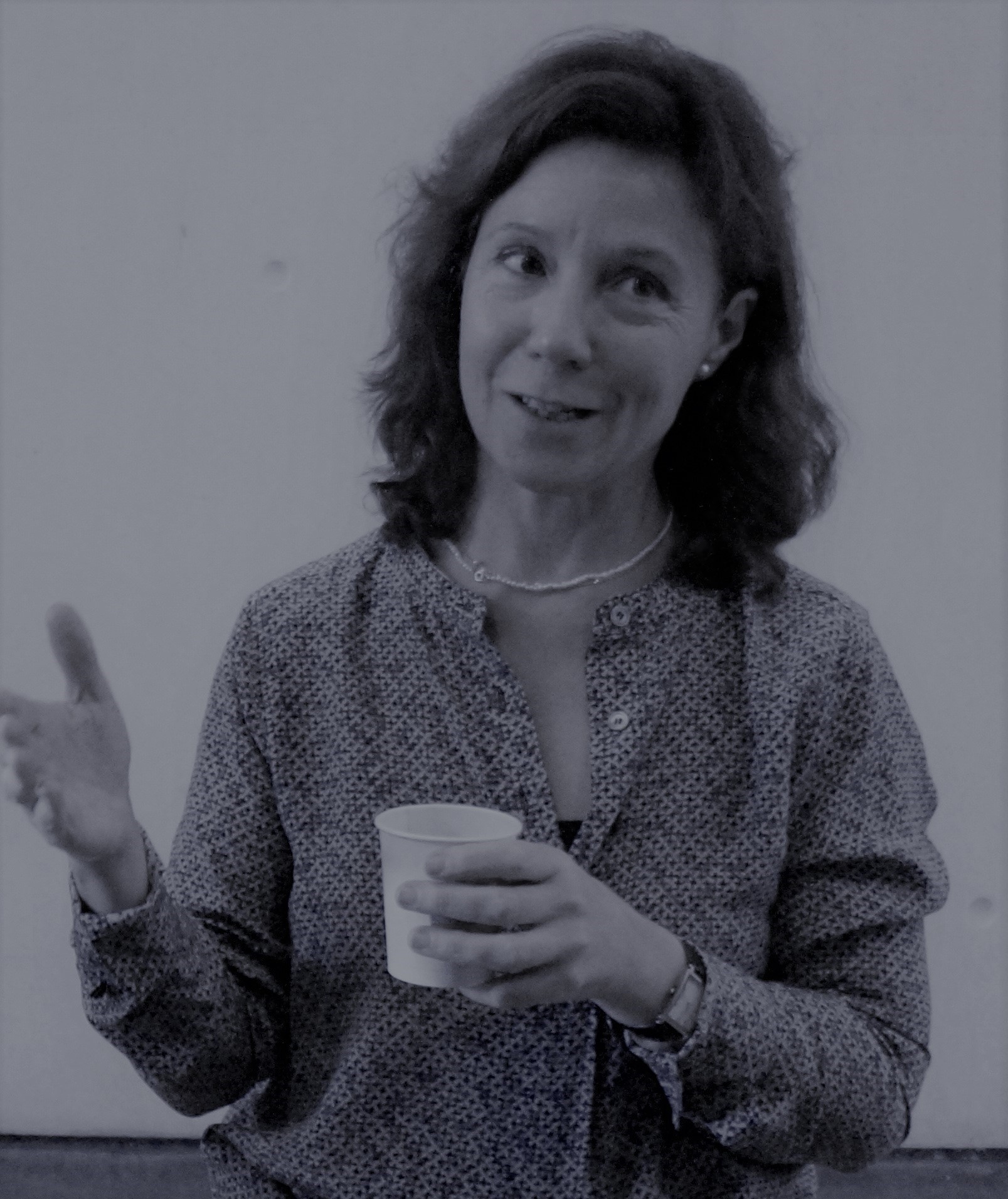María Morrás is Senior Lecturer of Spanish Literature at Universitat Pompeu Fabra, Barcelona, accredited in 2017 as Full Professor. She got a PhD at Univ California Berkeley and at the Univ Autónoma of Barcelona. She has enjoyed libraries, colleagues and students at UC, Berkeley, and the universities of Pavia, Ferrara, Pennsylvania, Chicago, Cambridge, Nottingham and Queen Mary (UL), and has been Special Lecturer and College Tutor at Oxford, where she has been elected Honorary Research Fellow. Her publications deal on Spanish Humanism, Medieval translations, Women's history, Golden Age Theater, Textual Criticism and Digital Humanities. She has been IP of several research projects funded by the Spanish Ministry, IP of the SGR Group (Nexus-LaiRem), and member of El libro Medieval de la Edad Media a Intert. At the institutional level has served at UPF as Dept. Director, Vicerector, director for International Programs, and evaluator of Research Agencies.
Research interests
Her main interest is related to the role of literature in shaping and responding to intellectual and historical contexts. Her current research focuses on the conflicting literary traditions in Iberia during the 15th century, with special attention to the transitions, interfaces and interactions between Latin and the vernacular, between local traditions and humanism and between the communities involved in literary production at court. The experimental nature of this period is manifested in the new genres and "newcomers" (converts, "lawyers"(letrados) and women) as active agents in the literary field, which led to its containment as symbolic capital and influence. social. Cancionero's poetry, religious discourse, translations, patronage, and reading have been the subject of her interest; a gender perspective has been incorporated to better understand the role of women and the role of religion in literary circles and in shaping the public sphere.
Keywords
Conflicts, humanism, literacy, fifteenth-century literature, courtly culture, women, power, public sphere in the Middle Ages
